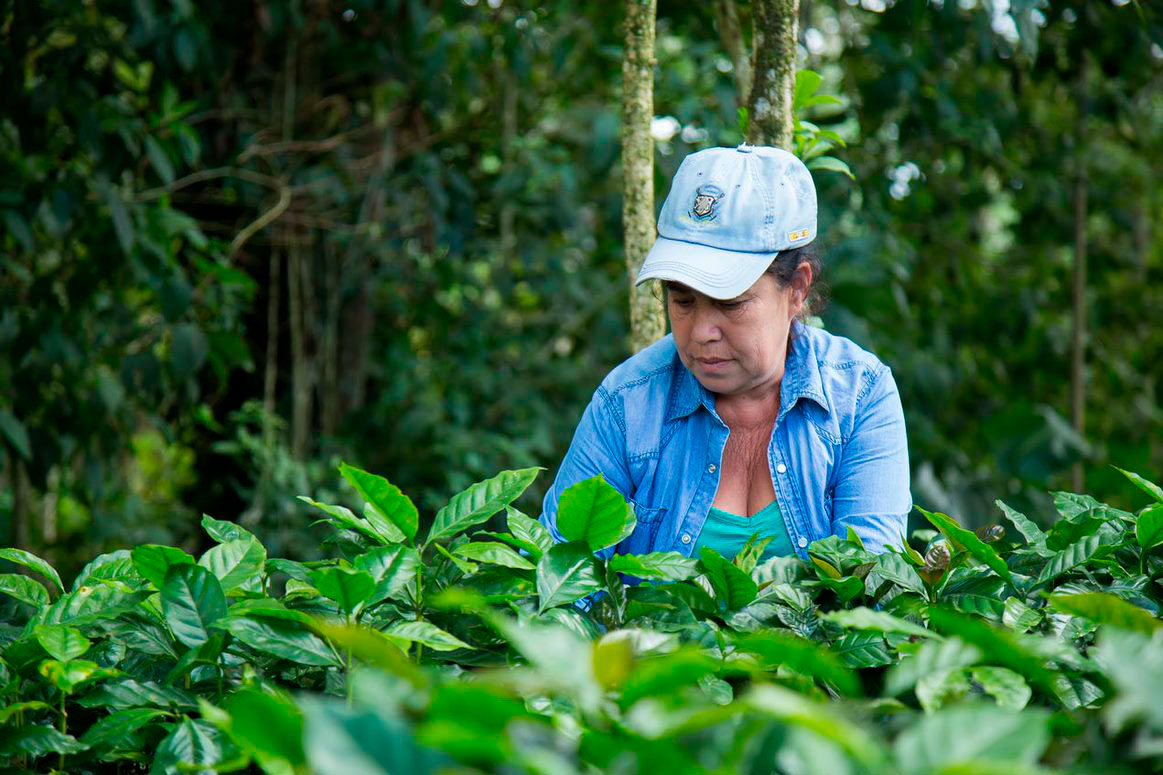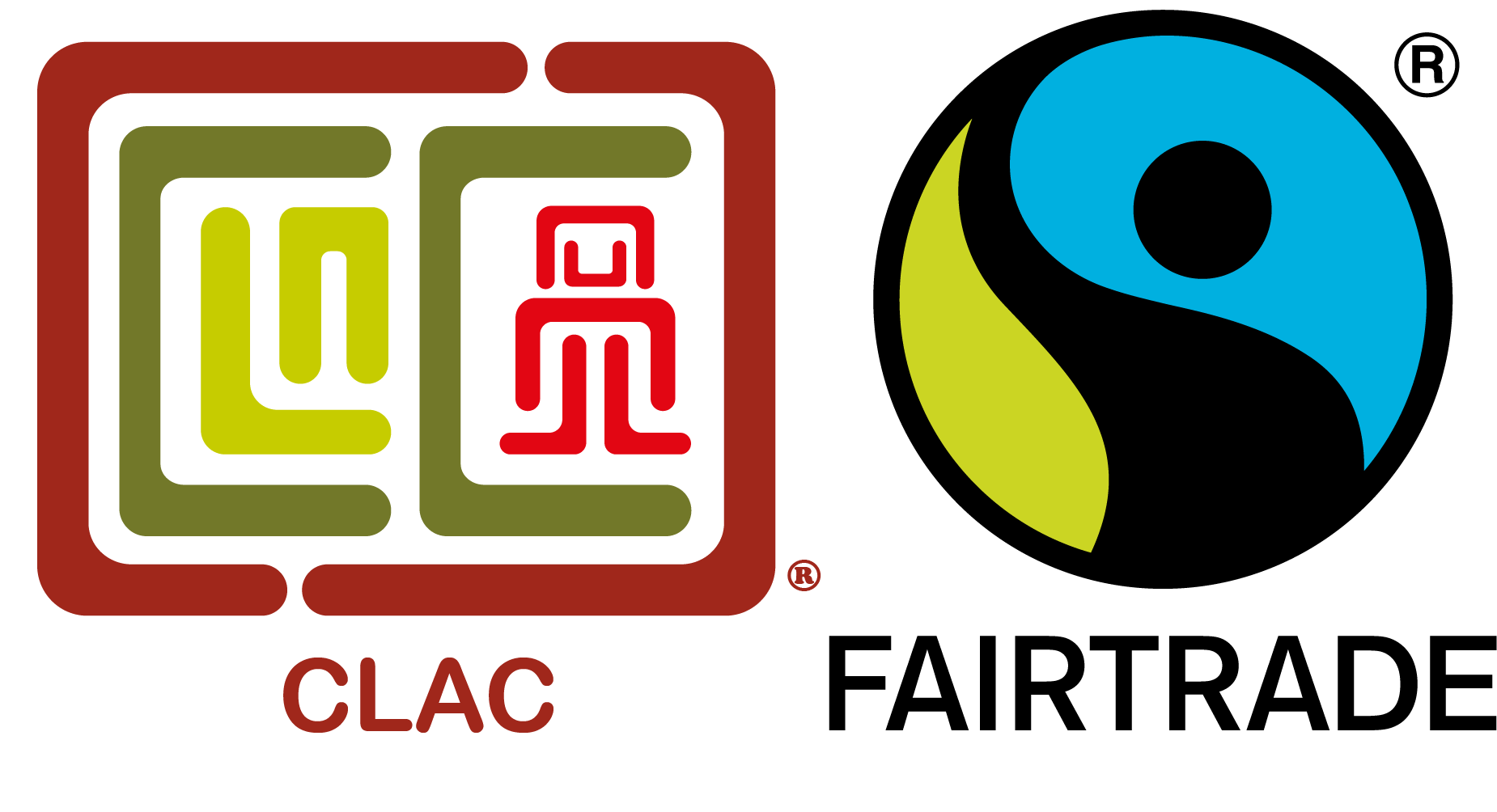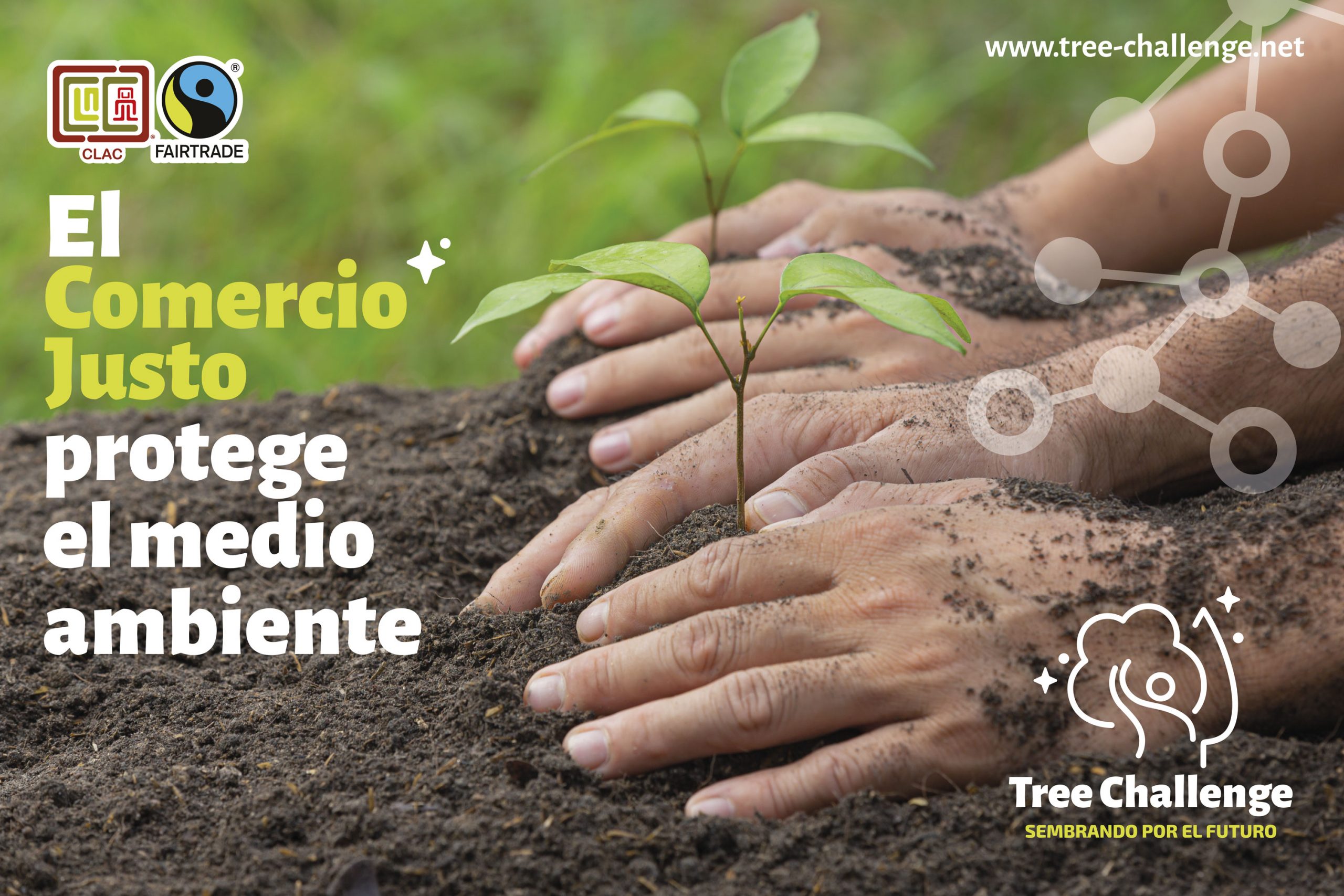En mayo de 2022 se celebran 10 años desde que Araya & Cía. suscribió un acuerdo de cooperación con Fairtrade International (FLO) —ratificado en 2017 por CLAC (Coordinadora Latinoamericana y del Caribe de Pequeños Productores y Trabajadores de Comercio Justo)— para apoyar a organizaciones del sector hortofrutícola en la promoción del comercio justo.
Se trata de un convenio tripartito a través del cual nuestra oficina ha acompañado y asesorado legalmente a diversas organizaciones en materias de comercio internacional, redacción y revisión de contratos y procesos de cobranza extrajudicial. Algunas de estas empresas son Cooperativa Campesina Apícola Santa Bárbara (Coasba), Organización de Productores de Frutas del Aconcagua (Mi Fruta) y Cooperativa Agrícola y Vitivinícola Caupolicán, entre otras.
“El trabajo pro bono es un pilar fundamental en el quehacer de nuestra oficina”, dice Sebastián Norris, socio de Araya & Cía. El abogado jefe del área de Comercio Internacional agrega que “esta alianza nos permite ayudar a pequeños productores y exportadores agrícolas chilenos a abrirse a nuevos mercados y mejorar sus condiciones de vida. Contribuir para lograr ese objetivo es algo que nos llena de orgullo”.
Actualmente, Clac-Faitrade trabaja con doce organizaciones de productores y seis empresas en Chile, lo que se traduce en unas 2 mil personas que ven un futuro más promisorio, con posibilidades de trabajo, desarrollo y producción sostenibles.

Ingrid Allende, gestora de país CLAC-Fairtrade, explica que “esta alianza ha facilitado los procesos de capacitación para nuestras organizaciones en variados temas, tales como derechos de agua, leyes laborales, contratos y seguros. Además, las han acompañado en procesos que se traducen en su empoderamiento y mejor comprensión de sus derechos”.
Por su parte, Cristián Lepe, gerente y productor de Mi Fruta, destaca que “mi experiencia con Araya ha sido muy buena, porque se convirtió en un apoyo muy grande para entender un poco más el negocio de la exportación y en qué tenemos que fijarnos a la hora de firmar o elaborar un contrato”.
El convenio también ha permitido apoyar a productores de naranjas para jugo en Brasil y México que cuentan con una certificación de Fairtrade, los cuales han recibido asesoría en contratos y, además, entrenamientos virtuales sobre buenas prácticas comerciales para fortalecer sus negocios.
En esa misma línea, en conjunto con el equipo técnico y comercial de CLAC-Fairtrade hemos realizado conversatorios en torno a experiencias positivas a nivel internacional para reducir la competencia desleal y alternativas para facilitar el acceso de apoyo legal a productores.

DÍA DEL COMERCIO JUSTO
El aniversario de nuestra alianza con Fairtrade coincide con el Día Internacional del Comercio Justo, que se celebra este sábado 14 de mayo.
“Este año, la conmemoración está centrada en el cambio climático y las actividades tienen como objetivo visibilizar el esfuerzo que realizan las organizaciones de pequeños productores y los diversos actores de este movimiento para proteger el medio ambiente”, detalla Ingrid Allende.
El reto consiste en plantar la mayor cantidad de árboles posible desde las organizaciones de Comercio Justo y personas afines al movimiento Fairtrade, comenzando en mayo -en el marco del Día y Mes del Comercio Justo- hasta octubre. Los resultados de este esfuerzo se darán a conocer en el marco de la Cumbre Mundial del Clima 27 que se realizará en noviembre.
¿QUÉ ES EL COMERCIO JUSTO?
Es una alternativa al comercio convencional basada en la transparencia, el diálogo y el respeto. Estas tres características se enfocan en lograr mayor equidad entre todos los actores que participan del comercio internacional.
Fairtrade ofrece un trato más justo y condiciones comerciales más provechosas a sus miembros, permitiendo mejorar la calidad de vida de trabajadores y pequeños productores.
El consumidor que compra un producto que lleva el sello Fairtrade está consciente de que el valor que está pagando no es solo por el producto, sino por lo que éste representa: una mejor vida para todos quienes estuvieron tras la fabricación del producto.
Son 28 las organizaciones a nivel mundial que trabajan bajo el paraguas de FLO para garantizar un trato más justo para quienes pertenecen al negocio del comercio. La sede se encuentra en Alemania, en la ciudad de Bonn, y desde ahí se establecen los criterios de Comercio Justo para todos los países que integran este movimiento.







